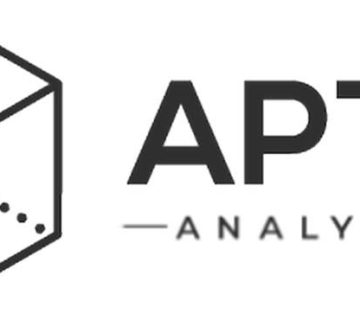The U.S. Securities and Exchange Commission is convinced that all crypto assets aside from Bitcoin are securities. Its latest war on crypto exchanges has included staking services, which the regulator seeks to shut down.
This could push more staked ETH out of exchanges and onto the market-leading liquid staking provider Lido. This may sound good, but it poses significant risks to the Ethereum ecosystem.
Lido Staking Risks Exposed
Lido provides liquid staking services for Ethereum as an alternative to self-staking, which is highly technical, and involves exchanges that take substantial commissions.
It has rapidly become the market leader with 7.18 million staked ETH, or 36% of the total 19.6 million staked.
On June 13, Ethereum advocates at ‘Bankless’ sounded the alarm on Lido, calling for the prevention of its domination of ETH staking.
A continued SEC crackdown on exchanges is likely to push more staked Ethereum to Lido, it noted. There was already a surge in staked ETH redemptions from Coinbase last week after the lawsuit by the regulator.
Kraken was forced to end its Ethereum staking services for U.S. users in February, resulting in an exodus as soon as Shapella rolled out.
Furthermore, Lido’s market share has grown since the Shapella upgrade enabled staking withdrawals.
Ethereum developers such as Danny Ryan have warned about the dangers of staking “cartelization,” in which platforms such as Lido can extract outsized profits compared to non-pooled capital.
Bankless reported that the platform was near the first threshold with around a third of all staked ETH.
“Lido is nearing the first of three thresholds at which Ethereum is more easily manipulated by an attacker.”
It added that Lido has already
Go to Source to See Full Article
Author: Martin Young





